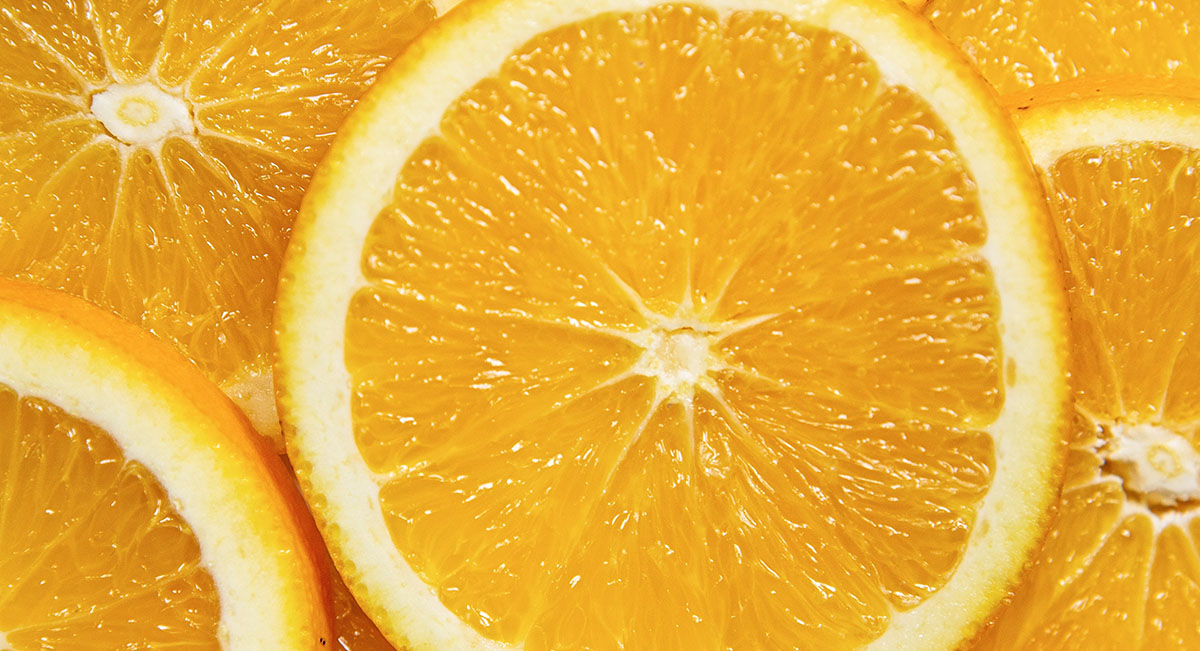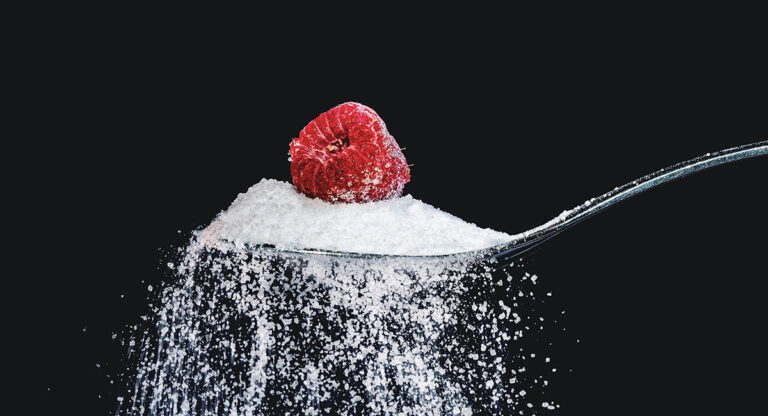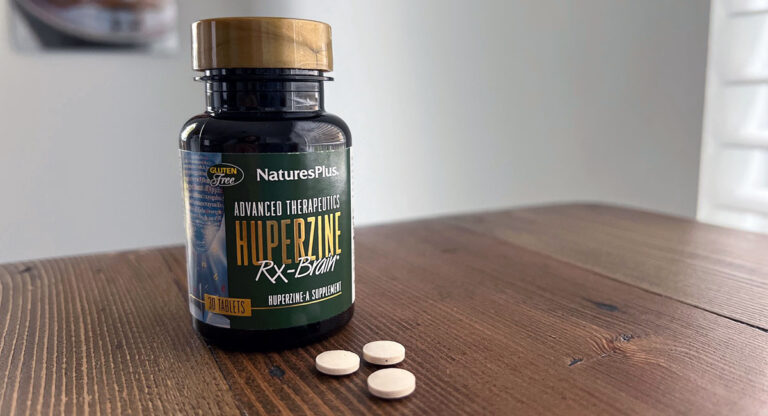
How to boost your internal antioxidants
Links in some blog posts may earn a commission for The Brain Cleanup Coach.
Antioxidants are really important to brain health.
Like other cells in your body, as brain cells create energy, a byproduct of this energy creation are free-radicals. Simply put, these are just atoms or molecules with an unpaired electron, so basically a molecule out of balance. Nature has this handy trick of always seeking to get back into balance, so free radicals are always on the hunt for electrons. Problems occur when these unstable molecules steal electrons from other molecules that our bodies, and brains, need to be stable in order to function properly. When these stable molecules are destabilized by free radicals stealing electrons, profound problems can occur.
Some antioxidants you get from food, like vitamin C and E. But your body also creates it’s own antioxidants to protect itself from harm, including:
Let’s take a look at some of the ways these internal antioxidants can be boosted through diet and lifestyle.
Sulfur
The mineral compound we know as sulfur is a required component to synthesize glutathione. Sulfur is contained in two amino acids ingested through proteins: methionine and cysteine. These amino acids are derived from animal proteins (beef, poultry, fish). But there are also vegetable sources of sulfur that also contain a variety of other healthful vitamins and minerals. These sources are cruciferous veggies, like broccoli, kale, and cauliflower. Also, edible alliums are a source of sulfur. Think garlic, onions, leeks, and shallots. Interestingly, sulfur is so important to cellular health that in her book “The Wahls Protocol” Dr. Terry Wahls reveals that she sometimes travels with a head of cabbage to ensure she’ll have a cruciferous veggie to eat. She figured out how to reverse her MS with diet, so keeping that sulfur in her body is highly important to her. By the way, the same foods that contain sulfur typically also contain alpha lipoic acid.
Selenium
Found in animal proteins, brown rice, and in high concentration in Brazil Nuts, selenium is another cofactor of glutathione. Ingesting dietary selenium will help maintain glutathione levels (which naturally decreases with age), and may even boost levels. Just a handful of Brazil Nuts a day will give you an optimal dose of selenium, plus protein and fiber to boot.
Vitamin C
One of the powerhouse vitamins and antioxidants for the human body, vitamin C assists glutathione by doing the same job. Since your body can utilize vitamin C as an antioxidant, this can help carry the heavy weight of neutralizing free radicals in your body. It also helps to convert oxidized glutathione back to an active state by returning electrons to it. Eat it in food, supplement with it, make vitamin C a part of your daily routine.
Sleep
Magical things happen when your outward consciousness can be turned off and your brain can look inward and do the work to restore itself and your body. Some studies have shown that when comparing people who get regular sleep versus people with insomnia, the people who had trouble sleeping had lower levels of glutathione. The seemingly quiet hours of sleep are actually quite busy in your body, as it uses the downtime to replenish itself.
Exercise
Exercising can have a hormetic effect on your body, creating stress that leads to a positive outcome. In response to stress from cardio and strength training, especially when combined, glutathione has been shown to increase. Conversely, creating too much stress on the body through overtraining can have the opposite effect. This stresses the importance of balance. When you push your body hard, recovery time is essential.
The Bottom Line
If you focus on what we know to be healthy lifestyle for human bodies, you should be right on target to boost your internal antioxidant production. It’s that simple.
If you enjoyed this article you might also like:




